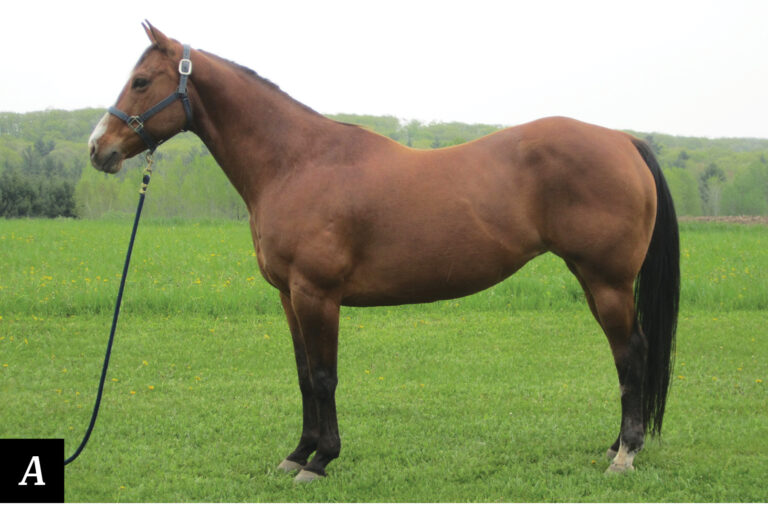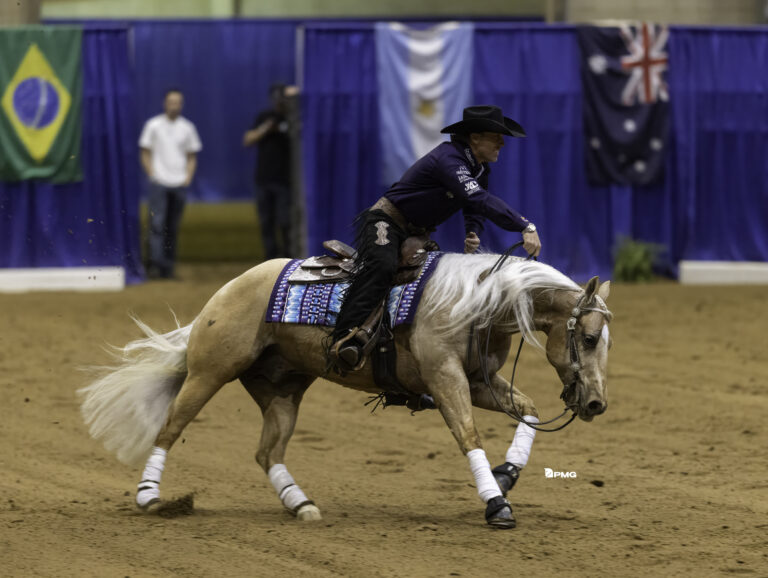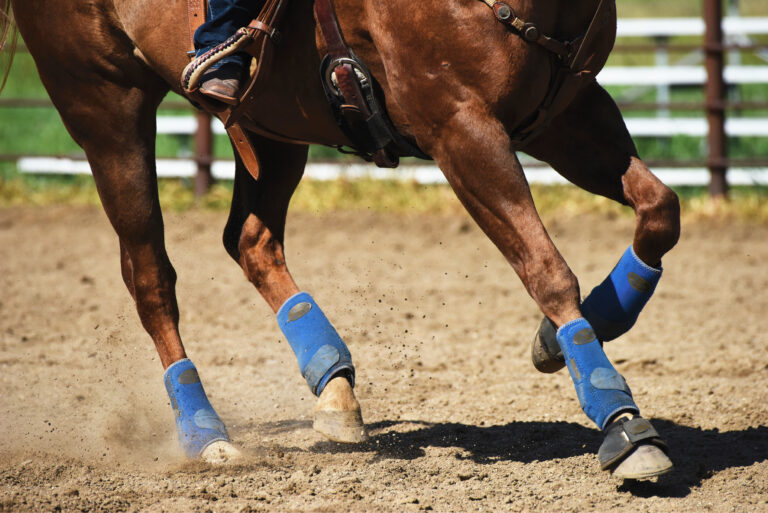While human coronavirus has the world’s attention, episode 23 of EquiManagement’s Disease Du Jour podcast brought to you by Merck Animal Health, released on February 20, focused on equine coronavirus.
Products we feature have been selected by our editorial staff. If you make a purchase using the links included, we may earn a commission. For more information click here.
Veterinarians in the field have been getting questions about equine coronavirus, so Kimberley Brown of Disease Du Jour brought in Dr. Nicola Pusterla, an equine infectious disease expert from the University of California, Davis, School of Veterinary Medicine, to talk about this disease. Here’s a few takeaways from the podcast. Click here to listen to the podcast and learn more about the equine coronavirus.
1. Can horses contract coronavirus?
Short answer, yes. The clinical signs of coronavirus generally affect the gastrointestinal tract in adult horses, as well as foals. One would expect that every animal infected with coronavirus may develop gastrointestinal signs. That’s not the case. Only 15-20% of clinically infected adult horses with develop colic and/or diarrhea. However, most of the horses that have a clinic presentation of coronavirus will develop anorexia—they go off of feed—they will be lethargic and have an elevated rectal temperature. Rectal temperatures will vary between 101.5 degrees Fahrenheit up to 106 Fahrenheit. The difficulty in recognizing this condition is that not every adult horse infected with coronavirus will develop gastrointestinal signs, it doesn’t always cause colic or diarrhea.
Use a digital animal thermometer to check your horse’s temperature.
2. What is equine coronavirus?
The various coronaviruses out there can affect a variety of organ systems—gastrointestinal track, central nervous system, and liver, just to name a few. The viruses are categorized based on their genetic makeup. Equine coronavirus is in a class called the Betacoronavirus genus. It shares the genus with other related viruses, like bovine coronavirus. Equine coronavirus is generally found in foals. It can cause inflammation of small intestines or potentially predispose foals to other enteric diseases. For many years there hasn’t been any evidence of coronavirus in adult horses.
For horse’s that have diarrhea but aren’t sick try an All Natural Digestive Support supplement.
3. How is equine coronavirus spread?
The equine coronavirus is spread through fecal contamination. A horse infected with coronavirus will shed the organism through his feces. A horse that has diarrhea will produce a large volume of feces, around 80-90L of fecal matter on a daily basis. The fecal matter that hits the ground is a great source for contamination of the environment. A shared space facility (feeding equipment, grooming tools, cleaning equipment, shared paddock) can act as a source of infection when these viruses, that generally don’t survive for a long period of time, are on surfaces or in water or feed and are ingested by a susceptible animal, it can become infected with coronavirus and can display clinical signs.
[RELATED: EQUINE BARN BIOSECURITY MEASURES]
4. How long does the coronavirus live?
There is no data to say how long the equine coronavirus lives. The viability depends a lot on ambient temperature, humidity, and biological material the virus is surrounded by. Equine coronavirus, even in the very best condition, has a fairly short survival time. Likely up to two to three days on the perfect conditions.
Disinfect your barn to help prevent the spread of all viruses.
5. Does equine coronavirus affect humans?
Coronavirus is known to be very host-specific. So that means that the coronavirus will stay within its host. However, occasionally coronavirus can jump species. It looks like equine coronavirus is very similar to the bovine coronavirus. There’s absolutely no evidence to show that any of these two viruses are likely to jump to the human species. That being said, we need to be careful when we deal with these animals and follow basic biosecurity protocol. Based on information we have today, equine and bovine coronavirus are not a threat to humans.






